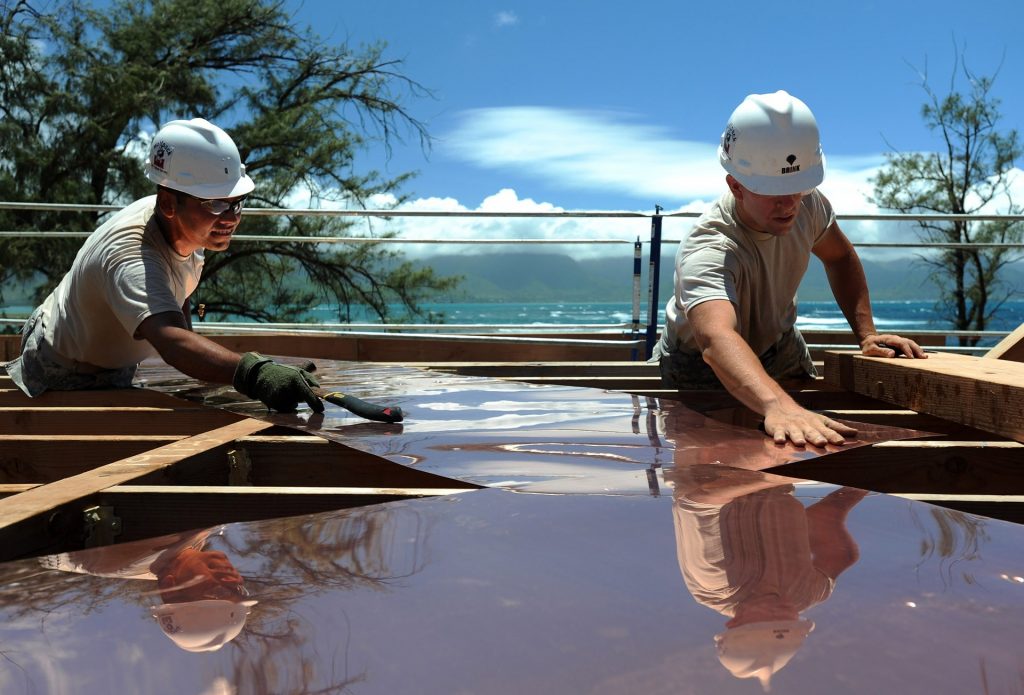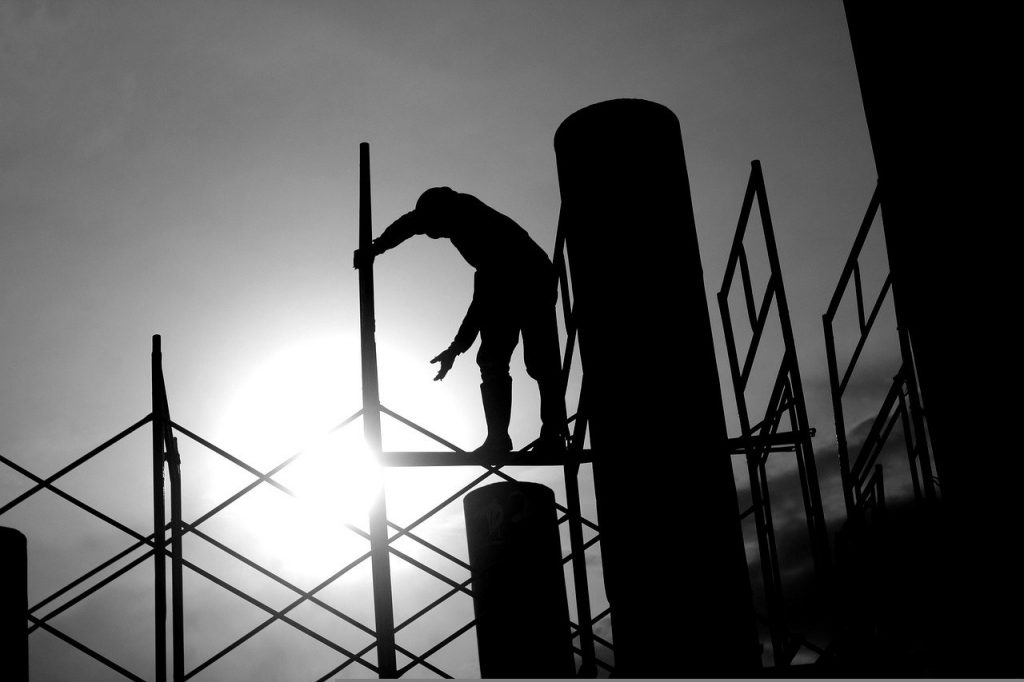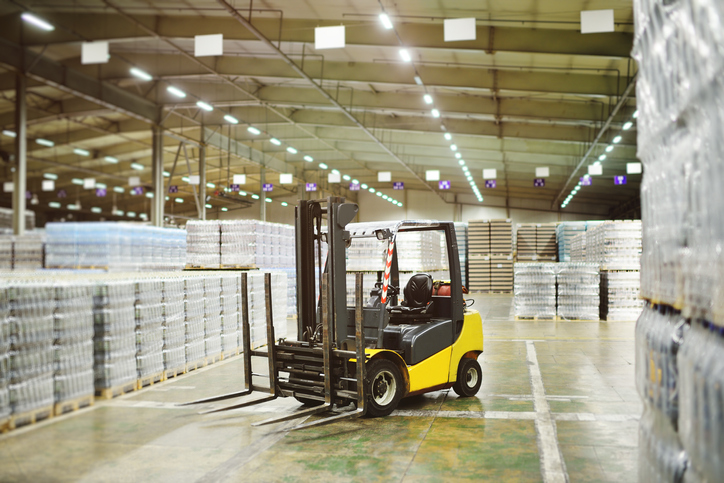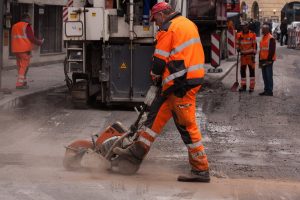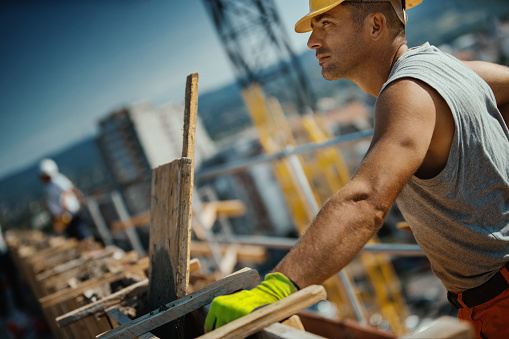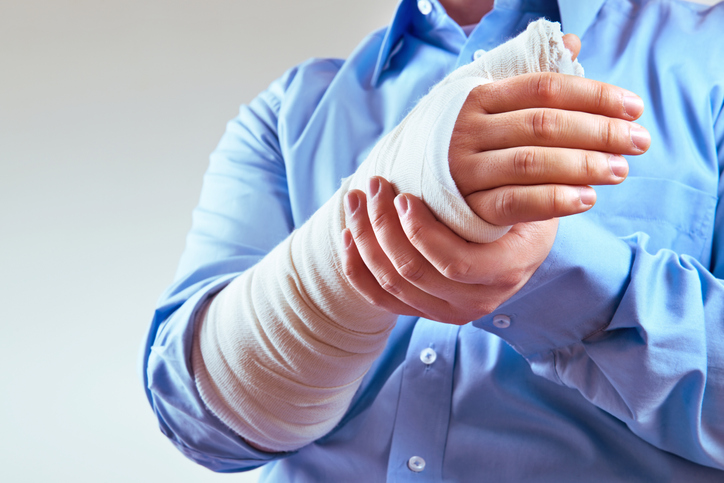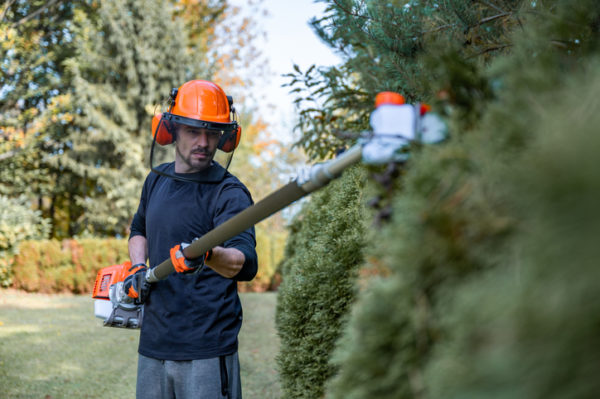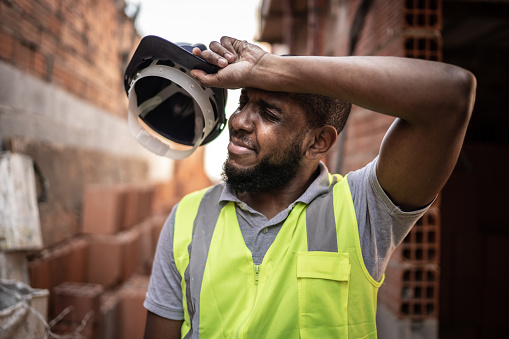Can New Hard Hat Tech Reduce Construction Worker Head Injuries?
Despite advancements in employee safety equipment and standards, construction workers are at a heightened risk for workplace accidents that cause head injuries and brain damage.
However, developers of a new type of hard hat say they have the technology to reduce Traumatic Brain Injuries (TBIs) like concussions, skull fractures, and similar damage due to construction workplace accidents.
Hard hat technology developers and manufacturers, WaveCel, say their new equipment protects against direct and oblique hits to the head.
Injured workers have a right to compensation
At The Law Offices of Deborah G. Kohl, we support the development of new and improved worker safety technology. We know that every year, about 7% of all head and brain injuries sustained at U.S. workplaces happen in the construction industry. There were over 5,150 construction worker brain injuries reported in 2020, the Bureau of Labor Statistics says.
As an established workers’ compensation and work injury law firm in southeastern Massachusetts and Rhodes Island, we see how catastrophic head injuries devastate victims and families. We stand up for injured workers and the families of fatal work accident victims.
If you were injured or a loved one died at work in southeastern Massachusetts or Rhode Island, you may be entitled to compensation. We can help you figure out your potential legal options, and it won’t cost you anything. Contact The Law Offices of Deborah G. Kohl for a free case evaluation right now.
Hard hat history and technology
Hard hats have reduced worker injuries and saved lives since the early 1900s. The first hard hats were based on metal “doughboy” soldiers’ helmets. The wartime design was adapted by Ed Bullard to protect miners in the 1920s and quickly caught on in other industries. According to the Smithsonian, the Hoover Dam construction project in 1931 may have been the first time U.S. workers were required to wear hard hats.
Modern hard hats often have webbing, foam, or some impact-absorbing padding under their yellow or white plastic shells. The work helmet typically protects construction workers from objects that fall directly upon them but not from objects that strike at an angle. A sudden indirect blow to the skull can send a worker’s head spinning and cause severe or life-threatening injuries.
The company says that the WaveCel hard hat has a honeycomb structure made of thin, permeable materials that are effective at stopping spin and absorbing glancing hits.
What causes construction head injuries
Even when wearing protective headgear like hard hats, welding visors, safety goggles, and other equipment, construction workers are frequently injured. Some of the most common causes of construction site head injuries involve:
- Slip and falls.
- Scaffolding.
- Forklifts.
- Falling objects.
- Electrocution.
- Heavy machinery like cranes, drills, and PITs.
Accidents like these could result in a concussion, contusions, intracranial hematoma (internal bleeding), nerve damage, or another type of disabling injury.
Get maximum work injury compensation
Head injuries are among the most expensive work injuries to treat. That means injured construction workers need to collect the full value of their workers’ compensation benefits and pursue all additional compensation options, if any. Injured workers are often entitled to compensation for injury-related medical expenses and lost wages, among other things.
If you were injured or a loved one was killed in a construction work accident in southeastern Massachusetts or Rhode Island, you probably have a lot of questions. Get answers you can trust. Contact us for a free case evaluation to learn more about how the law applies to your situation, a compensation estimate, and a review of your legal options.
Don’t delay. A strict statute of limitations applies to work injury and workers’ compensation claims. We have offices in Fall River and Foxborough, Massachusetts, as well as Providence, Rhode Island. A member of our team is available to hear from you any time, day or night. Contact us for your no-cost, no-obligation case evaluation right now.

